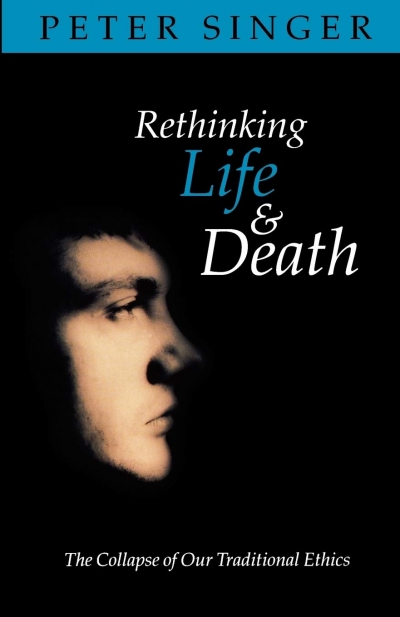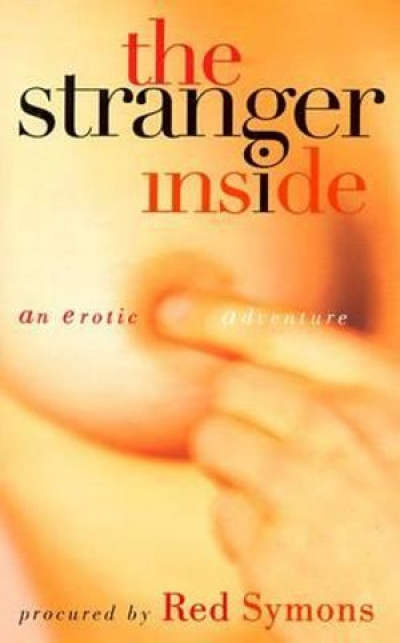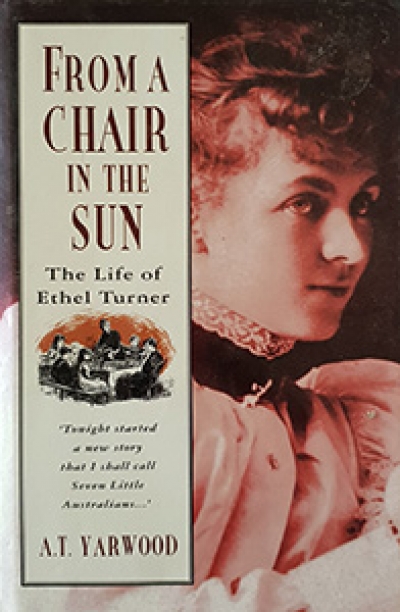Archive
Western society’s thirst for ease and comfort is insatiable. Every innovation which minimises effort is leapt upon, not always with respect for social and environmental costs. Cars are automatically-geared, air-conditioned, full of devices to save even the effort of winding windows. Unaware of the strain such comforts may cause on natural resources (unless we exert ourselves to find out), we expend scarcely any personal effort on traversing huge distances, where our ancestors who had to walk knew exactly how much energy their travel needed. Living in comfortable homes where clean water is a tap’s turn away, we need give no thought to what sustains the supply, where our forebears knew precisely how much effort was needed to get water (and therefore used it more carefully). Even in pursuit of pleasure we welcome less effort. We love the technology which brings the sound of huge orchestras into our living rooms. We expect to see all kinds of cultural display at the touch of a remote control.
... (read more)The first draft didn’t have Tristan, this deformed little character. Then I was reading to the kids, Beauty and the Beast. It was very beautifully written, terribly moving – and they were moved. I read it to them many times, thinking it would be interesting to look at that. Then, round about this time, I was walking along the street and glimpsed a terribly deformed young man in a wheelchair. I couldn’t bear to look at him yet I carried with me afterwards a vision, this bright, bright intelligence and this weird twisted-up face. It was quite moving and, having flinched from it, as from a fire or being cut, I began to make myself think about what was in there. That really goes back again to the very beginning of my work, the short stories. In the very beginning I was affected by Faulkner and As I Lay Dying because Faulkner was giving rich, interior worlds to people who you might otherwise pass by. That’s been a continual thing in my work, perhaps.
... (read more)








